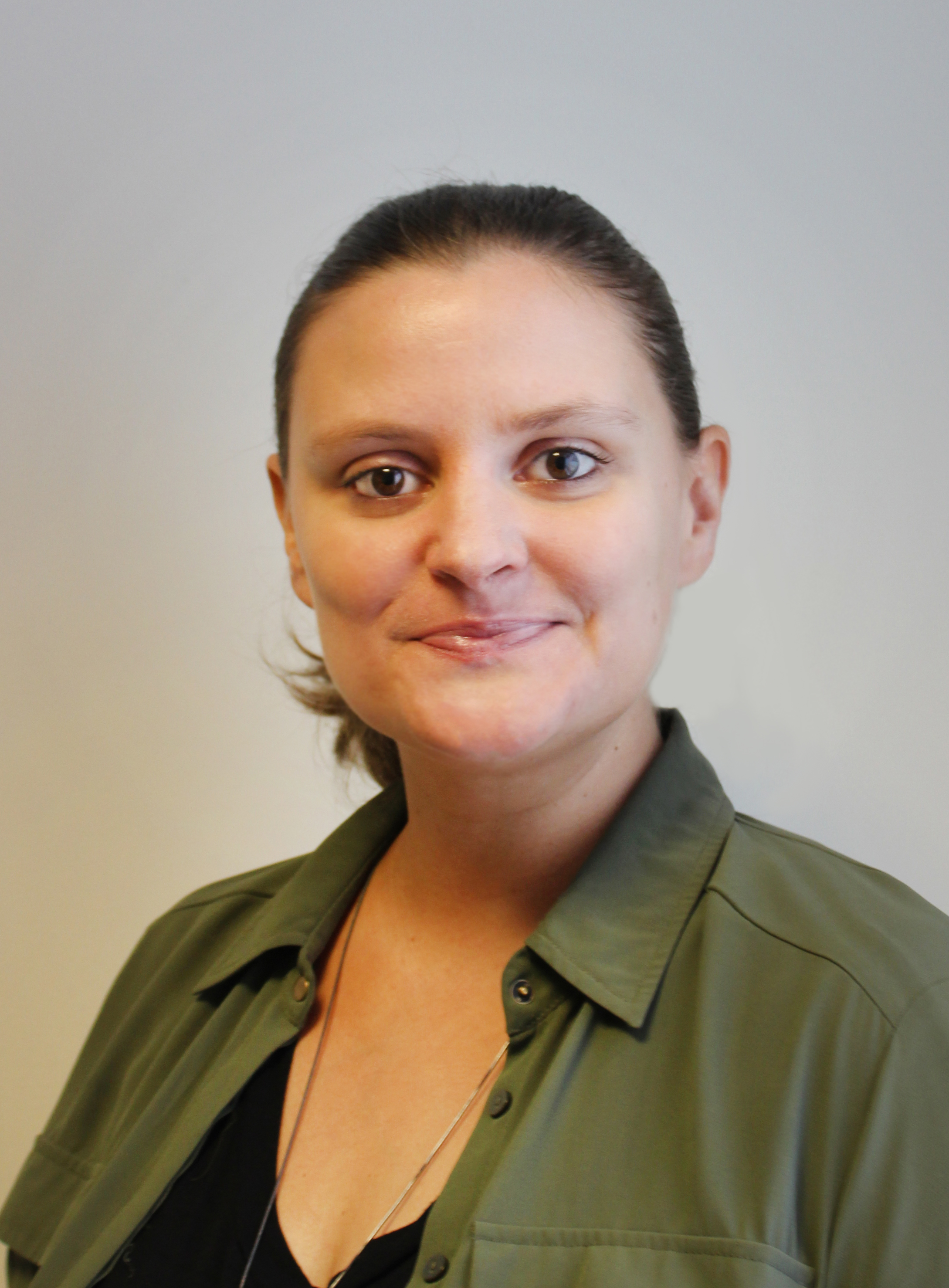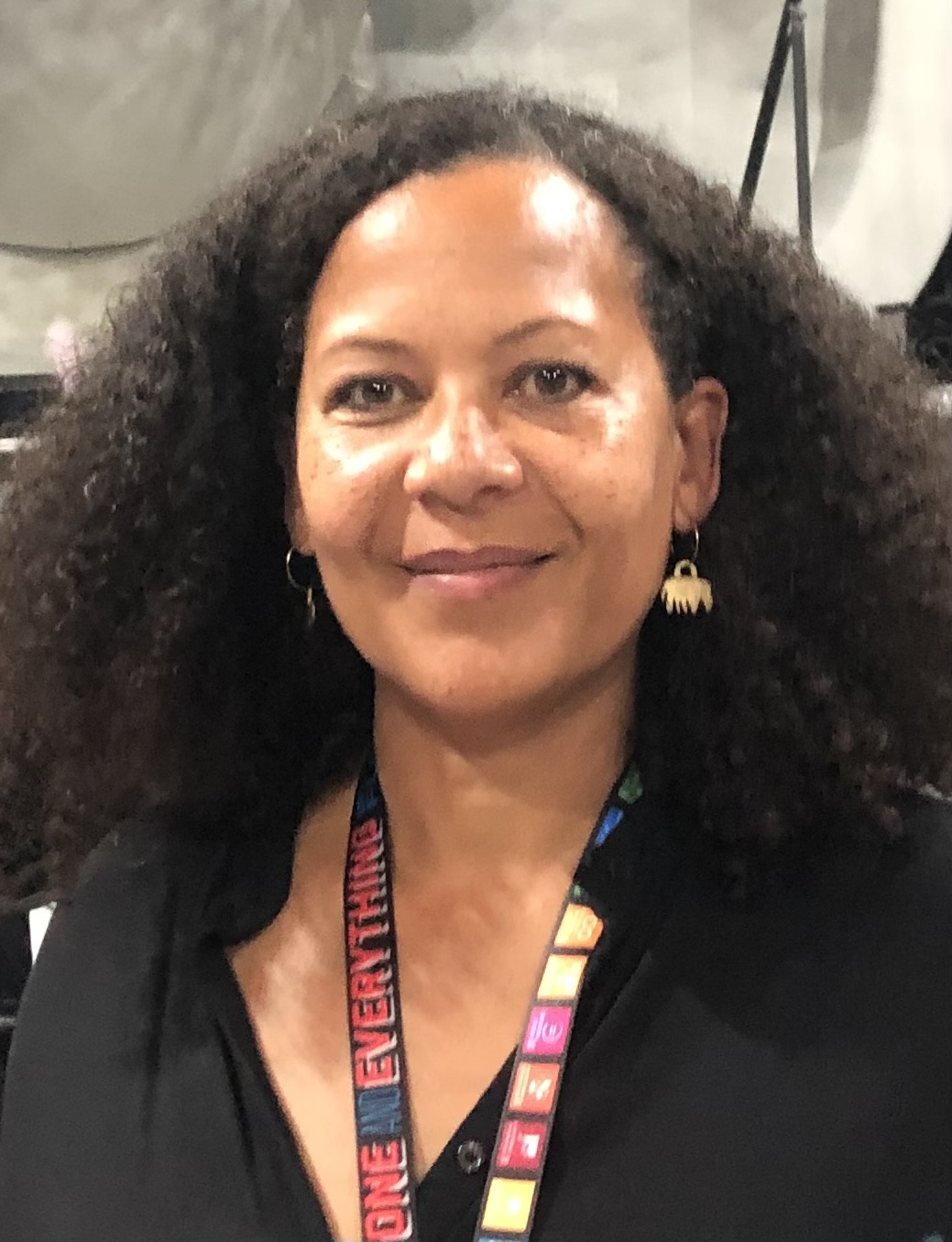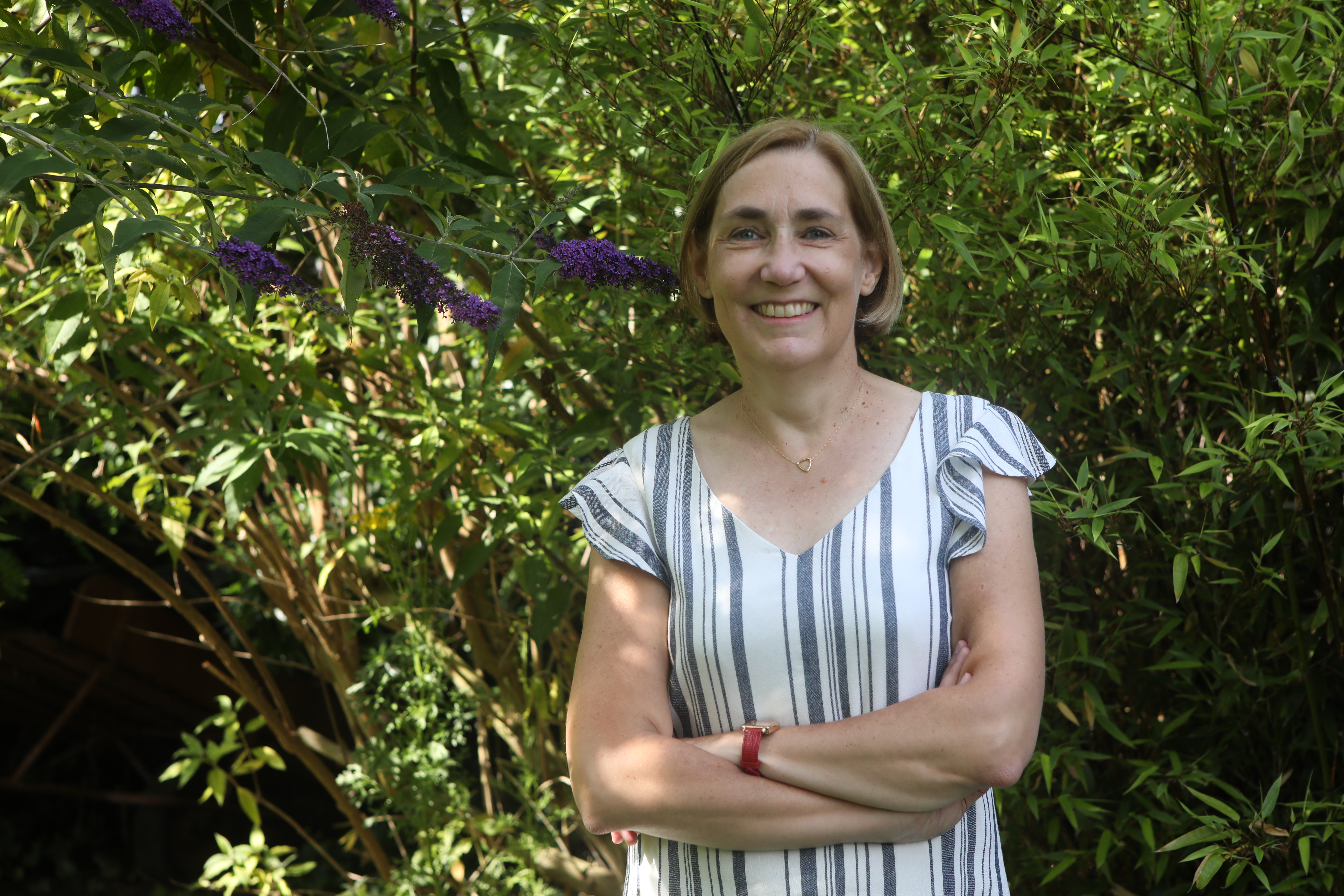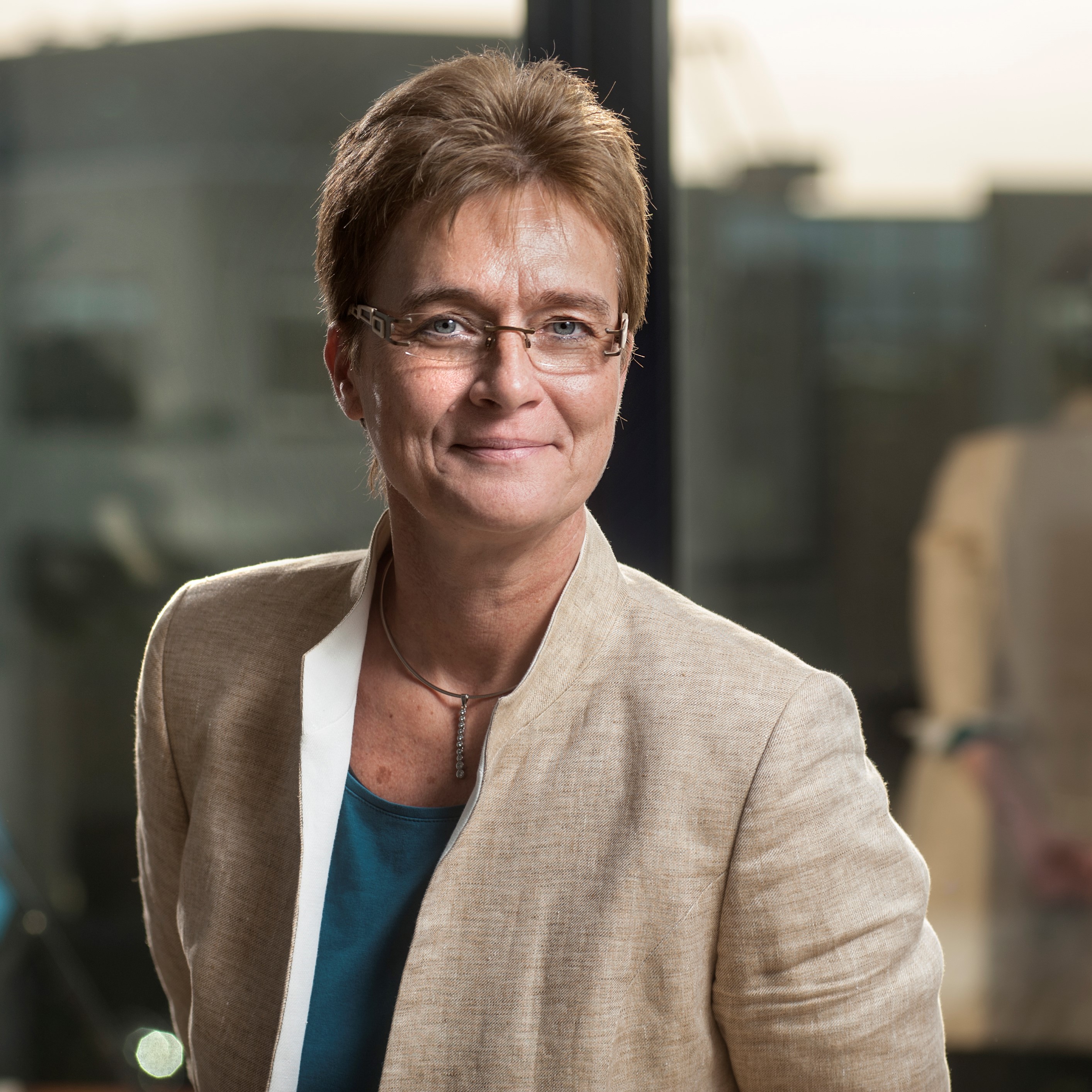In 2016, Nina Olesen started working at the European Cyber Security Organisation (ESCO), based in Brussels. Today, the organisation’s work is spread across six working groups that support all types of projects for developing, promoting and encouraging European cyber security. “I am coordinating the working group on education, training, awareness and skills. This is where the idea of Women4Cyber originated,” explains Nina, now Head of Sector at ECSO & Supervisor at the Women4Cyber Foundation.
Kiki Walravens coordinates the Belgian chapter of Women4Cyber, established in 2022. “The common thread throughout my career has always been tech. I joined the Vice President of the GSM Association’s Brussels office at the founding meeting of Women4Cyber. Due the pandemic, I had to say goodbye to the Association after 18 years, and I took the opportunity to reorient myself, focussing on cyber security. I was lucky that Elke Kraemer from Clusity, which gives a platform to women in tech, took me under her wings and flagged the creation of the Belgian chapter,” Kiki explains.
Need for education
Studies have shown that the sector is going to need more and different types of experts as the field of cyber security grows and our society’s digital transformation accelerates. Nina Olesen: “We not only need technical people, but also non-technical people with different backgrounds. Because of the low rate of women working in cyber, we did a mapping of existing training and skills initiatives. We found out there were nearly no initiatives dedicated specifically to European women in cyber security. Therefore, ESCO established Women4Cyber in 2019, with the support of 35 founding, high-level women in the cyber security field in Europe.”
Thanks to ESCO, Women4Cyber has a strong link with Europe, but to extend its reach, the foundation set up a framework of national chapters, beginning in Spain. “This enables a much bigger impact. We are proud that we now have 16 national chapters, including Belgium.”
The main goals of Women4Cyber are to raise awareness, create role-model campaigns, and offer mentorships. “We have over 300 active mentors and mentees, both male and female. Our goal has never been to tip the scales the other way, so we’re open to women and men,” Nina clarifies. Thanks to sponsorships and donations, the foundation was able to invest in a mentorship platform and a one-stop-shop online platform for trainings, the Women4Cyber Academy (www.women4cyberacademy.eu), which lists the current opportunities in Europe for improving or learning cyber skills. “In 2023, we wish to build a European-designated platform for cyber security jobs, so stay tuned!”
Building (Belgian) bridges
Kiki came from an international background, and found it surprising to experience how vibrant the Belgian landscape is. “I volunteered to coordinate the Belgian chapter. In September 2022, the chapter and its plans were approved by the European Women4Cyber Foundation. In the meantime, eight workstreams have been set up, a social media strategy is being developed, and we are preparing a structured campaign and an event for International Women’s Day on March 8, 2023,” Kiki continues.
At the Belgian Women4Cyber chapter, Kiki appreciates the opportunity to learn more cyber skills, stay active, position herself in the industry, and get a good picture of the different jobs in cyber. “I recently attended a course at CyberWayFinder, where I made a lot of new contacts. That made me realise that I’m interested in a job where stakeholder relations, cyber awareness and communication are important, to build bridges in the cyber security world,” Kiki says. “I would love to spread the message that it is never too late to give your career a new direction. Educational initiatives are not only for younger people, but for anyone who is interested.”






